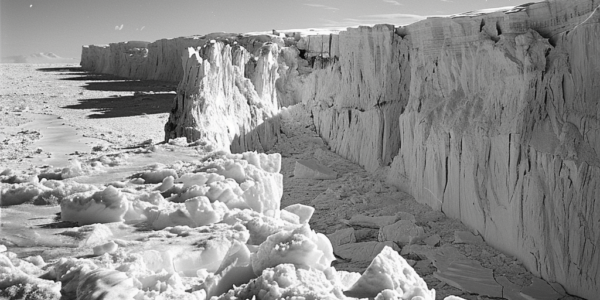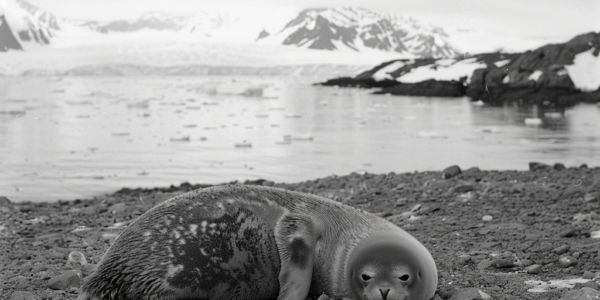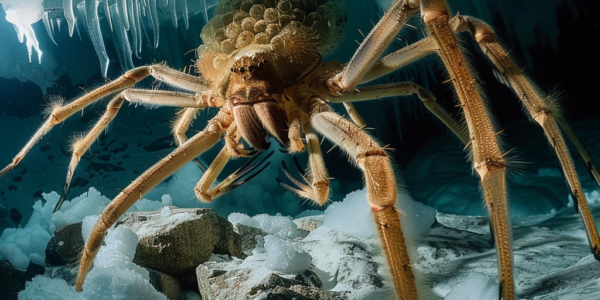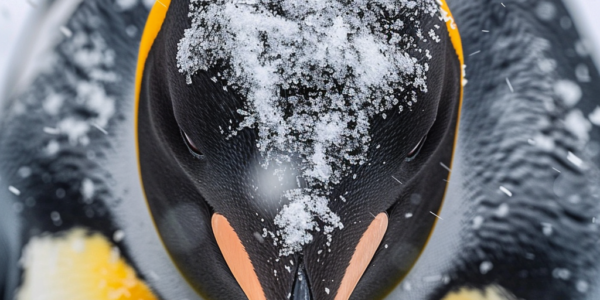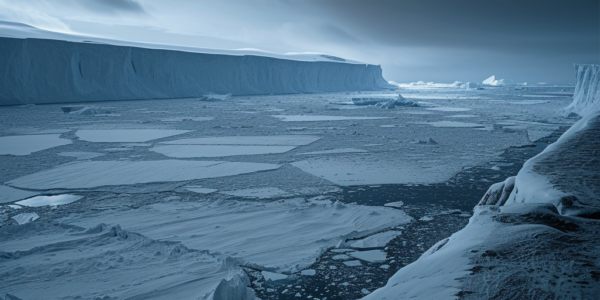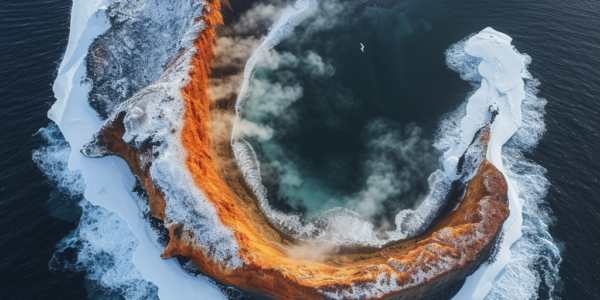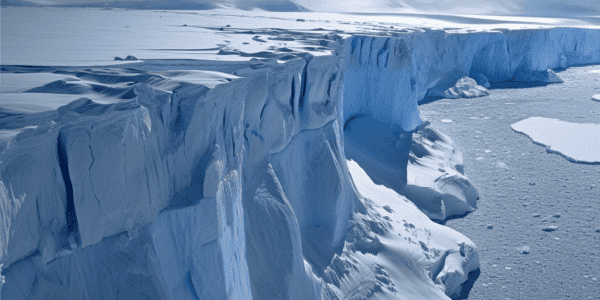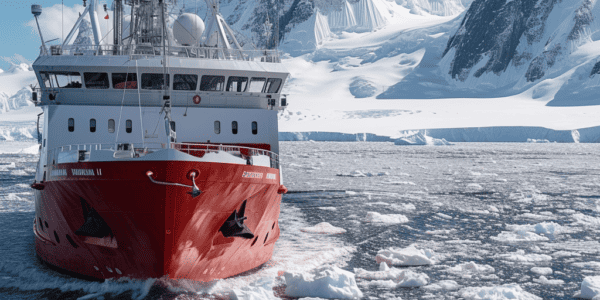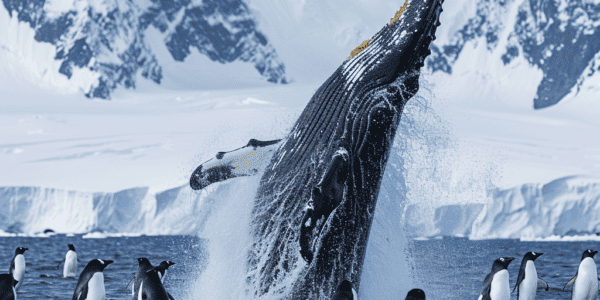Research Highlights Potential Impact of Individual Weather Events on Sea Level Rise
Recent research has highlighted the potential impact of individual weather events on the world’s largest ice sheets and, consequently, on sea level rise. A heat wave in Greenland and a storm in Antarctica have raised concerns about the long-term effects of such events, especially in the context of a warming climate. According to the Intergovernmental Panel on Climate Change (IPCC), global sea levels are projected to rise by 28 cm to 100 cm by 2100. This wide range of estimates underscores the uncertainty surrounding future sea level rise and its potential implications for millions of people worldwide.
Photographer Captures Devastating Impact of Avian Flu on Antarctic Wildlife
Photographer Edwin Lee captures the devastating impact of avian flu on seal populations in the sub-Antarctic region, raising fears of penguins becoming the next victims. As Lee journeyed through the region, the progression of H5N1, a highly pathogenic avian flu strain, began to unfold, sparking concerns among crew and passengers aboard the luxury Antarctica cruise. Lee’s poignant photographs serve as a stark reminder of the far-reaching consequences of the outbreak, shedding light on the vulnerability of Antarctica’s delicate ecosystem and its inhabitants.
Groundbreaking Discovery: Antarctic Sea Spiders’ Unique Reproductive Habits Revealed
Researchers have made a groundbreaking discovery about the reproductive habits of giant sea spiders in Antarctica, shedding light on their unique method of reproduction. The study could have wider implications for marine life and ocean ecosystems in Antarctica and around the world, providing valuable insights into the reproductive strategies of marine life in Antarctica and offering a glimpse into the evolutionary adaptations of these fascinating creatures.
Antarctica’s Penguins Could Be Devastated by Avian Influenza
Antarctica’s penguins face a new threat as avian influenza, including a deadly strain of H5N1, looms closer to the continent. Scientists fear the devastating impact it could have on marine mammals and birds, with outbreaks already seen on islands near the Antarctic Peninsula. The interconnectedness of species in the Southern Ocean makes it likely that the virus will reach Antarctica, posing a significant risk to the continent’s wildlife.
Norwegian Cruise Lines Removes Antarctica from Itineraries, Leaving Passengers Furious
Norwegian Cruise Lines has left passengers furious after removing Antarctica from the upcoming itineraries of its ship, the Norwegian Star, at the last minute. The decision has sparked uproar among affected passengers, with many expressing frustration and anger over the unexpected change.
$3.6 Million Submersible Vanishes Near ‘Doomsday Glacier’ in Antarctica
The University of Gothenburg’s $3.6 million submersible, Ran, has mysteriously disappeared near the ‘Doomsday Glacier’ in Antarctica. The uncrewed vessel was on a mission to study the Thwaites Glacier’s impact on rising sea levels. Its loss is a significant setback for climate change research, as it provided close-up exploration of glacial melting mechanisms. The disappearance has raised concerns about the potential impact of the ‘Doomsday Glacier’ on global sea levels.
Rare Phenomenon: Ice and Fire Clash on Antarctica’s Deception Island
Antarctica is home to a rare phenomenon—a clash of ice and fire on Deception Island, an active volcano that offers valuable insights into the potential for life on Mars. Located in the South Shetland Islands, this horseshoe-shaped isle is the…
Pine Island Glacier in West Antarctica Reaches Irreversible Retreat, Study Finds
Recent research has revealed that the Pine Island Glacier in West Antarctica has undergone an irreversible retreat, crossing a tipping point in the past 80 years. The study, published in the prestigious journal Nature Climate Change, utilized a combination of…
Canadian and European Experts Establish Partnership for Antarctic Ocean Observation
Canadian and European experts in polar observation are teaming up to establish a new partnership that will see Ocean Networks Canada (ONC) operating a subsea observatory at the Spanish Antarctic Station, providing year-round, near real-time data on ocean conditions there….
Antarctica’s Coastal Waters May Double in Acidity by 2100, Threatening Marine Life
New research from CU Boulder indicates that by 2100, the acidity of Antarctica’s coastal waters may double, severely impacting marine life in the Southern Ocean. This increase in acidity, primarily due to CO2 emissions, threatens the entire ecosystem, including whales…

